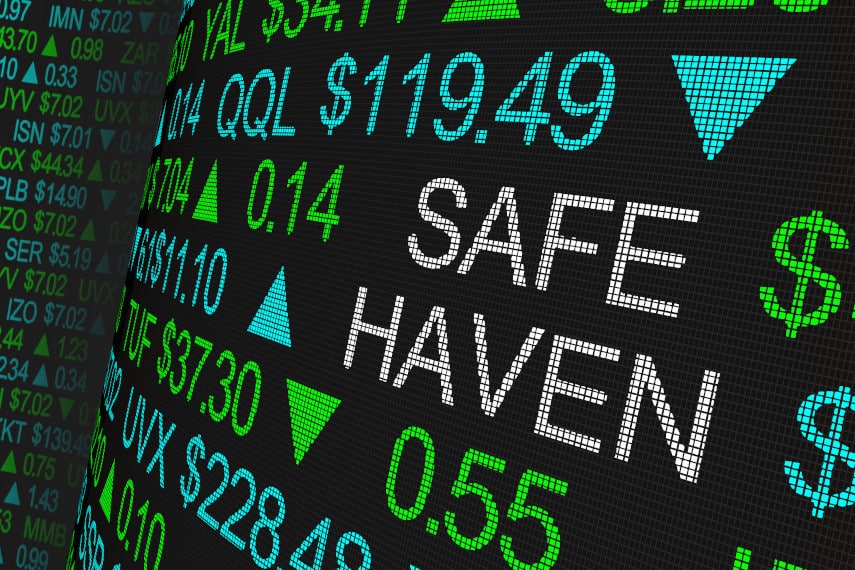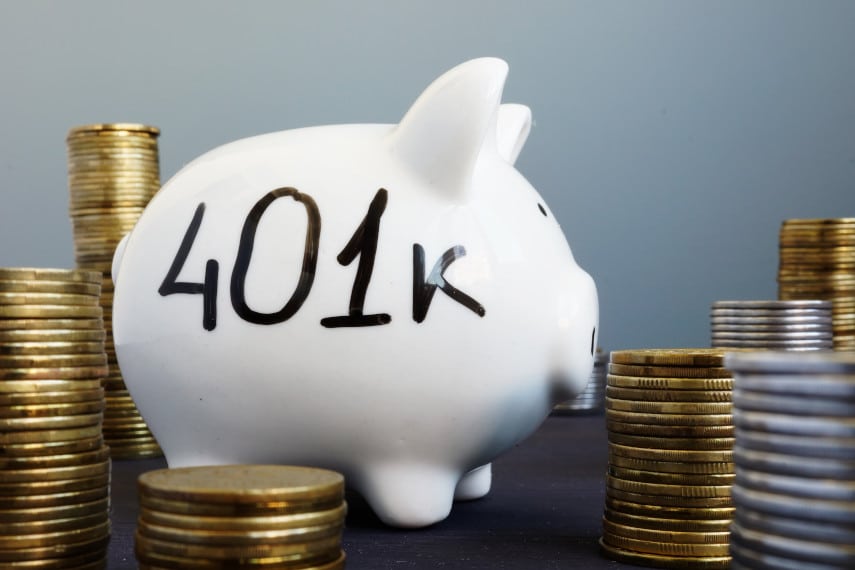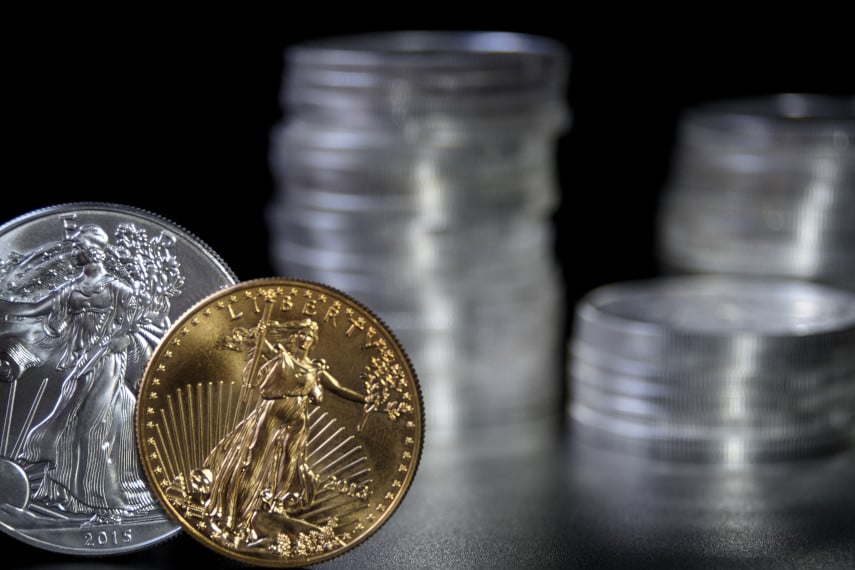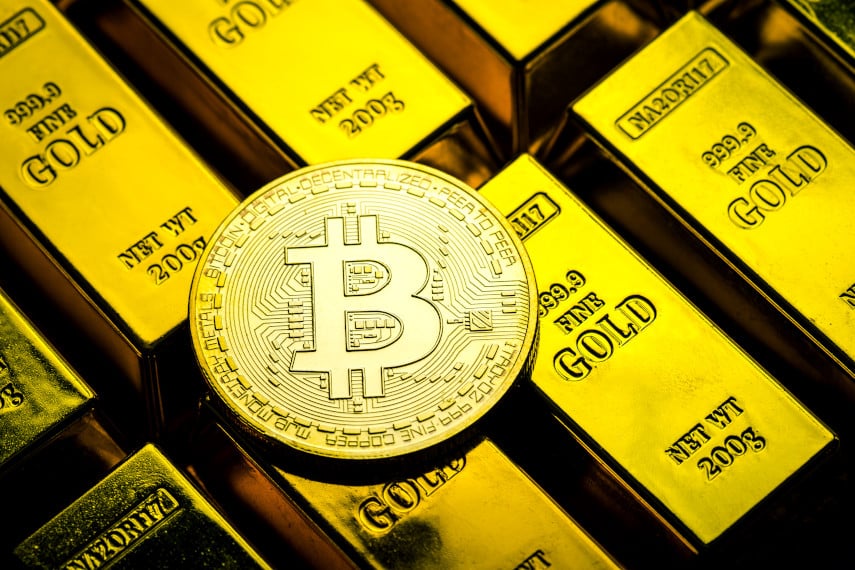
Recent developments in the economy have more and more people worried about the direction the economy is heading. Now that we know that the economy is contracting, and that recession is increasingly likely, many people are looking to protect their investments against the near certainty of loss in the event of a recession.
The problem you’ll face today is the same as it would have been during the 2008 financial crisis: what is a safe haven?
That was a question that vexed investors not just in 2008 but throughout the entire aftermath of the financial crisis. For years, there seemed to be few great options. Could that end up being the case today too?
Traditional Safe Havens
Over the centuries there have been a few categories of assets that have been treated as safe havens. And as society has developed, other potential safe haven assets have been added to that list. So let’s look at a few of those.
Real Estate
Real estate is a broad category that encompasses many different types of assets, from undeveloped land to single-family homes to commercial warehouses. Real estate is sometimes treated as a safe haven asset in the sense that homeownership is valued more than renting.
You’ve probably heard the saying, “They don’t make land anymore.” That means that the supply of land is finite, while a growing population means that demand for land is likely to increase. But it real estate really a safe haven asset?
Many people have made lots of money investing in real estate. But many have also been led to financial ruin.
If you don’t own a house, and you’re able to buy one at a reasonable price, you can end up with a mortgage that’s less than what you would pay in rent. And if you’re looking to buy land to build a bigger house, start a homestead farm, or achieve some other aim that won’t necessarily show up as a financial return, buying real estate can make sense. But many people look into real estate as a speculative investment, and that is where they can get burned.
You probably remember the euphoria surrounding the housing bubble before the 2008 financial crisis, with house flipping becoming incredibly popular. But flipping only worked as long as there was a market for houses. And once 2008 came around and the housing market tanked, many would-be flippers ended up losing lots of money.
There’s every indication that the current housing market could end up in a similar situation. With interest rates rising significantly, prices have already started to come down, and they could come down even more in the coming months and years. If you’re planning to stay where you are, that might not affect you. But if you just bought a house, you were hoping to sell a house, or you’ve been engaged in speculative homebuying, the financial effects could be negative.
Commercial real estate isn’t in much better shape either, with office vacancy rates much higher than normal in the era of working from home. And with shopping malls continuing to go the way of the dodo, and online shopping putting more brick and mortar stores out of business, the commercial real estate landscape could end up looking significantly different in the future.
While land is certainly an asset, and can serve your needs in a useful manner, owning it is one thing, but investing in it is another. And with a history of booms and busts in real estate markets, whether you win or lose could be just a roll of the dice.
Cryptocurrencies
Cryptocurrencies such as Bitcoin have been popular assets for the past decade. They’ve left their growing pains behind and have been accepted by the financial mainstream, even being traded on major commodity exchanges. But are they really a safe haven asset?
Bitcoin was intended to provide the price stability and purchasing power that the US dollar couldn’t. It was intended to be like digital gold, used as both a currency and as a safe haven asset. But while many merchants began accepting Bitcoin and other cryptocurrencies as payment, their adoption as a means of payment seems to have stalled.
Instead, Bitcoin and cryptocurrencies have become more of a speculative investment. Buoyed by interest from investors, Bitcoin surged to an all-time high of nearly $68,000 in 2021. Its performance this year has been lackluster, however, with Bitcoin currently sitting at around $23,000. Still, that’s not so bad when you consider that Bitcoin was worth only fractions of a penny when it was first introduced.
But when you think of cryptocurrencies as a safe haven, are they really? What are cryptocurrencies aside from objects of investor interest? You can’t make anything from them and you can only spend them at a limited number of retailers. And with such a short track record, along with significant price volatility and numerous numbers of fraudulent actors, can cryptocurrencies really be called a safe haven asset?
The next major crisis will show us whether or not cryptocurrencies have what it takes to serve as a safe haven. But are you willing to risk your financial well-being trusting them?
Precious Metals
Precious metals such as gold and silver have been trusted as safe havens for thousands of years. Gold and silver are synonymous with wealth, and during crises many people turn to gold and silver to protect their assets.
Both gold and silver have a history of maintaining wealth and purchasing power over the long term, protecting against inflation, currency devaluation, and financial turmoil. When paper currencies become worthless, when markets collapse, and when everything feels like it’s going to hell in a handbasket, gold and silver become the safe havens that everyone rushes to for safety.
In recent decades we’ve seen gold and silver perform this safe haven role in the aftermath of the 2008 financial crisis, as both metals saw tremendous growth as markets still tried to regain their footing. During the 1970s, both gold and silver had annualized growth rates of over 30% over the course of the decade as stagflation took hold.
That history of performing well when the economy is not is why so many people flock to gold and silver at the first sign of an impending recession. And not surprisingly, thousands of people are doing that today.
Whether you’re looking to protect retirement assets through a gold IRA or silver IRA, or whether you just want to buy gold and silver coins to store at home, Goldco’s experts can help you navigate the process of buying precious metals. With over $1 billion in precious metals placements, Goldco is one of the biggest names in the business. And with established relationships with numerous mints around the world, we can guarantee that the gold and silver you buy is 100% authentic.
If you’re worried about how your wealth will fare over the coming months and years, and you don’t want to trust your hard-earned savings to volatile or untested assets, maybe it’s time to turn to tried and true precious metals. Call Goldco today to learn more about how gold and silver can serve as a safe haven to safeguard your savings.






